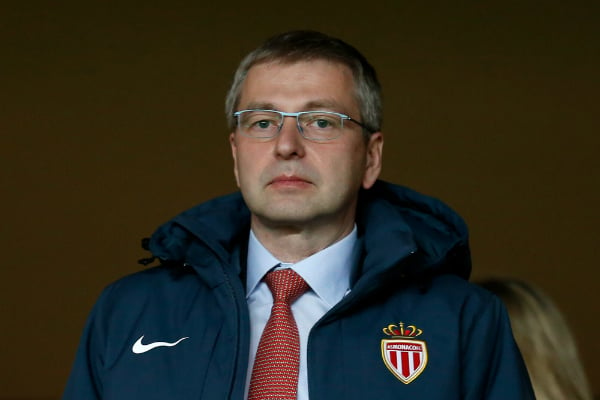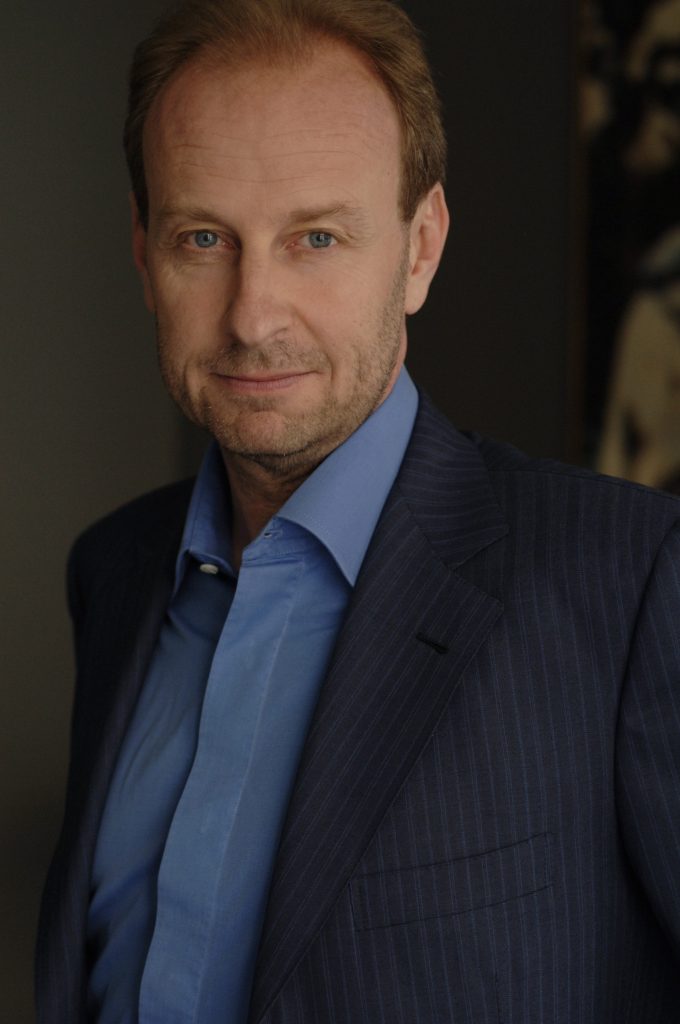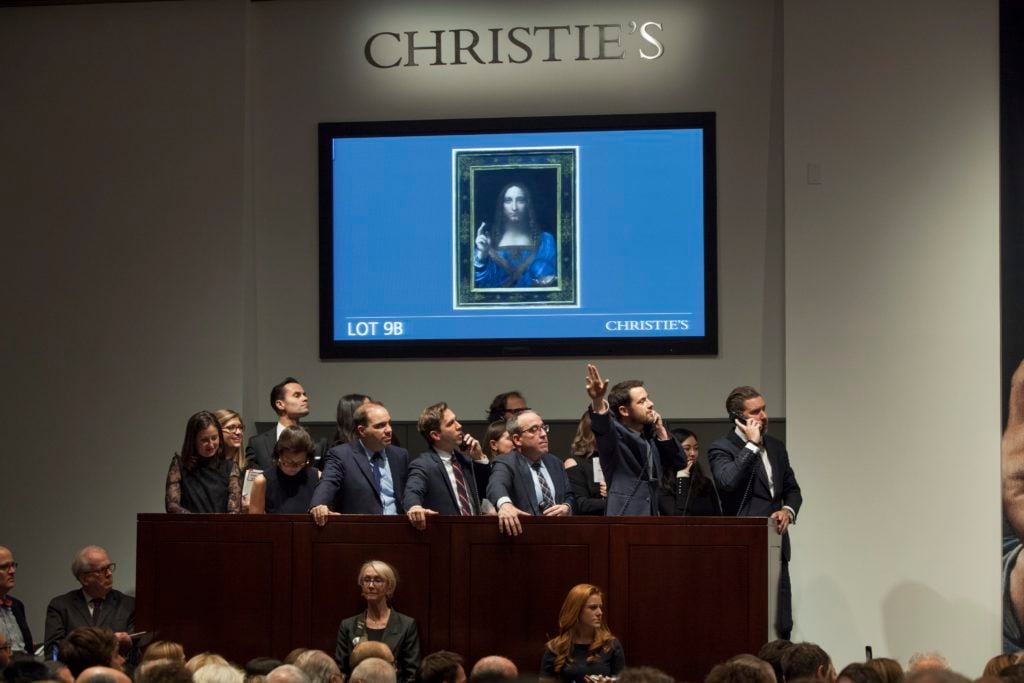Law & Politics
Russian Billionaire Rybolovlev Wins Access to a Trove of Confidential Documents in His Ongoing Crusade Against Yves Bouvier
The Russian billionaire's international legal battle soldiers on—and ensnares Sotheby's along the way.

The Russian billionaire's international legal battle soldiers on—and ensnares Sotheby's along the way.

Eileen Kinsella

The Russian billionaire Dmitry Rybolovlev has scored a partial win in his epic, years-long international legal battle with Swiss dealer Yves Bouvier.
The thorny and bitter dispute—which, as court papers note, “has spawned litigation, civil and criminal, in at least five other jurisdictions around the world”—is currently centered on a fight over confidential documents. Rybolovev is demanding that the auction house Sotheby’s produce a flood of paperwork revealing its dealings with Bouvier as part of his effort to show that the dealer defrauded him by adding as much as $1 billion in illicit markups to 38 artworks he bought over the years.
On June 11, the US District Court in New York granted Rybolovlev permission to use some, but not all, of the documents he had requested for criminal proceedings in Monaco and Switzerland. Judge Jesse M. Furman limited the scope to documents related to works that Sotheby’s had a hand in selling or valuing. This reduced the number of applicable works to roughly 14, from 38. One of those 14 works is Salvator Mundi, the Leonardo da Vinci painting that became the most expensive work ever sold at auction when it fetched $450.3 million last year.
Nevertheless, the related paperwork will likely be enough to fill quite a few file cabinets. Rybolovlev’s team requested all communication between Bouvier and Sotheby’s regarding the works in question; all documents related to the value of the works bought or sold in a transaction involving Sotheby’s and Bouvier; as well as depositions on topics including the works’ sale price and market value, the business relationship between Bouvier and Sotheby’s, and the circumstances under which Bouvier obtained valuations for the works.
As part of the decision, the judge also granted the billionaire the right to use previously procured documents for a Swiss criminal proceeding against Bouvier.
The judge agreed with Sotheby’s, however, that the Russian tycoon’s request for documents related to works beyond those specifically related to Bouvier’s transactions was “intrusive.” Paperwork tied to the 14 permitted transactions, he wrote, “would provide [Rybolovlev] with insight into whether ‘Bouvier held himself out to Sotheby’s as… agent and representative’ and had a fraudulent intent in conducting those transactions.”
A spokesman for Rybolovlev declined to comment, as did attorneys for Sotheby’s and Bouvier.

Yves Bouvier in 2008. Photo by Hpetit21, Creative Commons Attribution-Share Alike 4.0 International license.
Sotheby’s wasted no time firing back. On June 15, the house filed an appeal of the decision. It argued that granting the requests would amount to a breach of client confidentiality. It also cited the newly implemented General Data Protection Regulation (GDPR) under European data privacy regulations as another reason it should not have to comply.
Attorneys for the auction house requested a stay on the judgement, stating that it will help the auction house avoid “irreparable harm.” In addition to “reflecting confidential and proprietary business information, the discovery sought also may disclose the identities of other clients of Sotheby’s and related information that Sotheby’s is contractually obligated to keep strictly confidential.”
As for the GDPR, the appeal notes that it “introduces a more stringent data privacy regime in Europe providing individuals greater controls over and rights concerning their personal data.”
Rybolovlev’s legal team is expected to file a response to Sotheby’s request by the end of the week.

The auction of Leonardo da Vinci’s Salvator Mundi at Christie’s New York in November 2017. Photo courtesy of Christie’s.
The fight over documents is just one battle in a much longer war that Rybolovlev has waged against Bouvier since 2015. The most high-profile—and now world-famous—of his numerous art deals with Bouvier was his $128 million purchase of Leonardo da Vinci’s Salvator Mundi in 2013. Later, he found out that Bouvier had previously acquired it for roughly $80 million, or some $47.5 million less than he paid.
But this eye-popping markup pales in comparison to the record-shattering $450.3 million that the painting made at Christie’s last fall. Bloomberg recently reported that US investigators initiated and then dropped a fraud probe into Bouvier, moving on in part because Rybolovlev’s windfall on the deal took the wind out of the investigation’s sails.
Noting the previous litigation in countries including Singapore, Switzerland, France, Monaco, and the UK, Judge Berman wrote in his June 11 ruling that the case “is a small part of a larger international saga.”